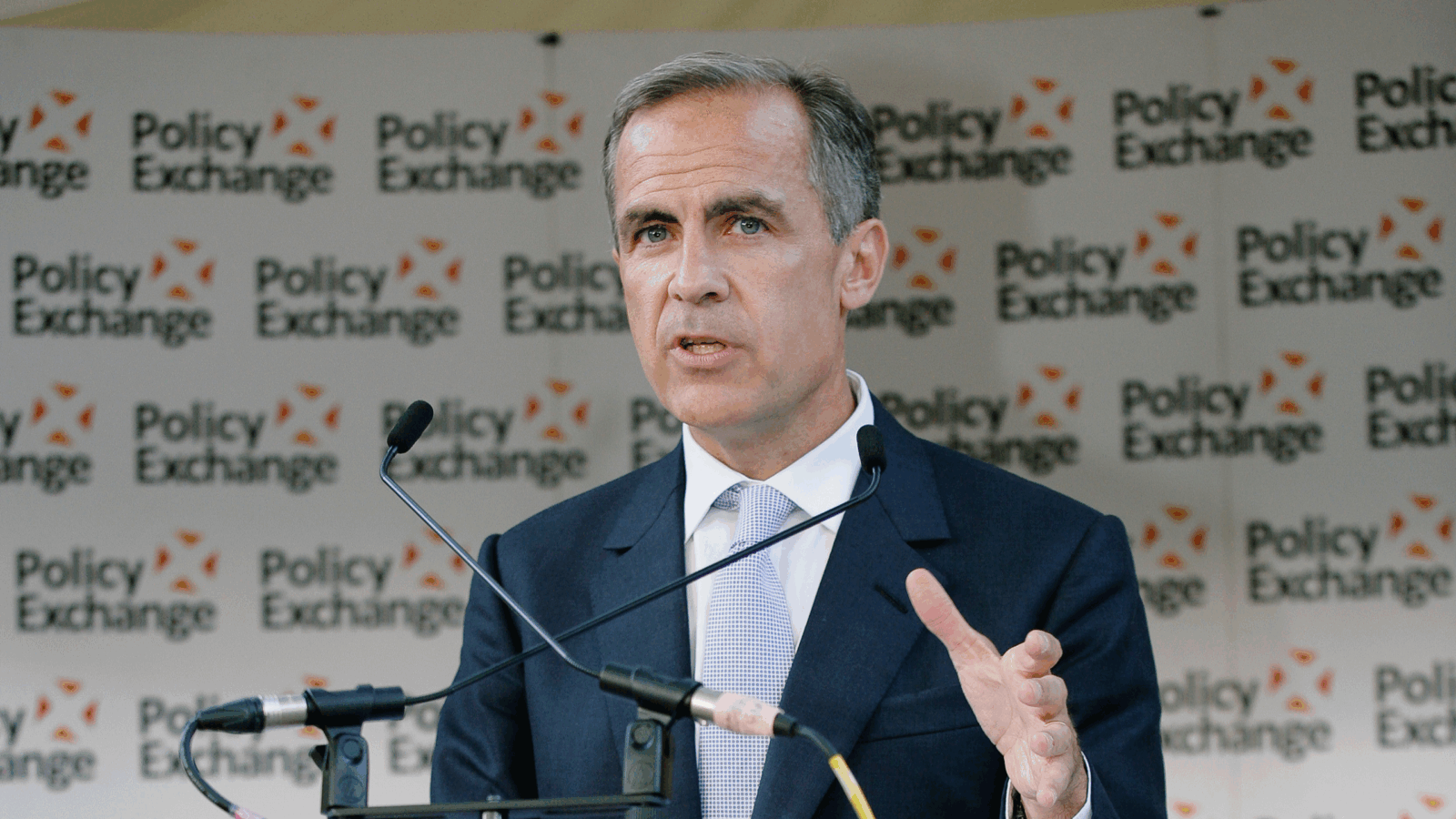ExxonMobil Buys Pioneer in Massive $60 Billion Deal
ExxonMobil announced it will purchase Pioneer Natural Resources for just under $60 billion, marking the largest oil-and-gas deal in decades.

Sign up for smart news, insights, and analysis on the biggest financial stories of the day.
It’s classic horizontal integration right out of the book of John D. Rockefeller.
ExxonMobil announced it will purchase shale giant Pioneer Natural Resources for just under $60 billion, marking the largest oil-and-gas deal in decades and signifying that fossil fuels aren’t going anywhere just yet.
Drill, Baby, Drill
After Russia began its invasion of Ukraine, which sent gas prices sky-high, you’d think oil companies would drill more to increase production. However, most of them hung tight, blaming Wall Street for going into idle mode. According to a Dallas Fed survey, nearly 60% of energy companies cited “investor pressure to maintain capital discipline” as the primary reason they weren’t drilling. So, ExxonMobil CEO Darren Woods just did the next best thing: He bought the competition.
The all-stock deal values Pioneer at $253 per share, an 18% premium from when The Wall Street Journal first broke rumors of a possible sale last week. Once closed, Exxon will control 15% of the Permian Basin, the oil-rich area in western Texas and northern Mexico. The added capacity will likely double Exxon’s output in the region to 1.3 million barrels per day. The deal might spur other oil giants like Chevron to start seeking out their own acquisitions, too.
But wait a minute — we thought companies were pulling back on oil and gas and everything else that makes the planet hotter each year:
- Climate change has seen many businesses planning to reduce fossil fuel production and shift to more sustainable energy sources like solar, wind, and hydropower. BP intends to cut a quarter of its oil and gas output by 2030. According to one report, climate change is the top reason investment funds choose to exclude companies from their portfolios.
- On the other hand, plenty of companies just don’t see the lofty goals of carbon neutrality happening anytime soon — or even in the next few decades. This summer, Royal Dutch Shell CEO Wael Sawan argued that reducing fossil fuel production would worsen global inflation by limiting global energy supplies and pushing up bills.
Exxon CEO Woods addressed the issue very diplomatically, telling reporters, “As long as the world needs oil and gas, we’ll all be focused on making sure that they have the most efficient, effective and responsible operator making and producing oil and gas, and doing it with the lowest carbon intensity.”
Regulator ramifications: With such a huge deal coming from two of the biggest industry players, it wouldn’t be a shocker to see Federal Trade Commission Chair Lina Khan step in and say, “Not so fast.” But Woods and Pioneer CEO Scott Sheffield don’t seem too worried about antitrust concerns, saying the deal is relatively small in the context of the Permian Basin, let alone the overall oil and gas market. Plus the FTC might have bigger fish to fry — news recently came out that Microsoft Gaming CEO Phil Spencer would love to buy Nintendo at some point.











